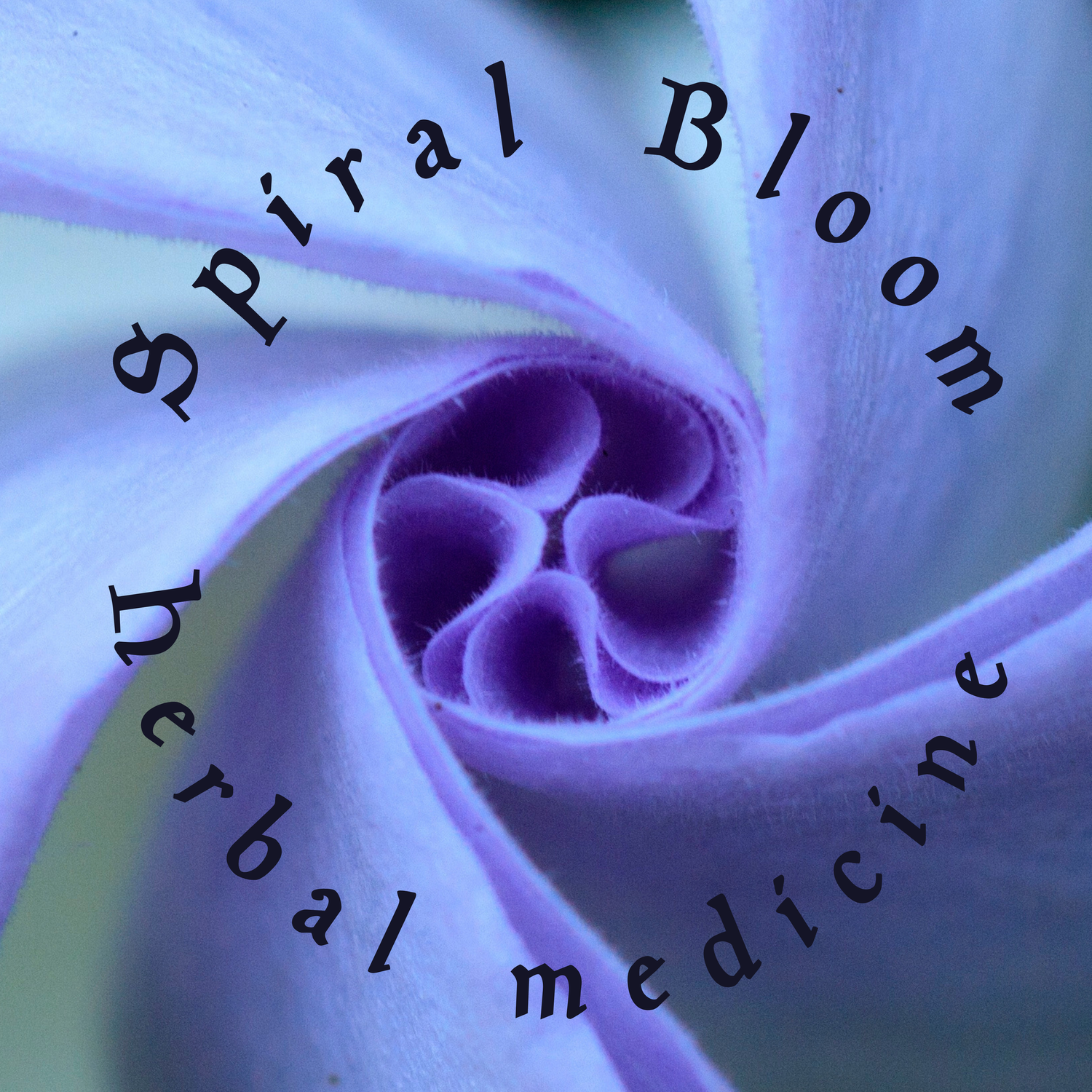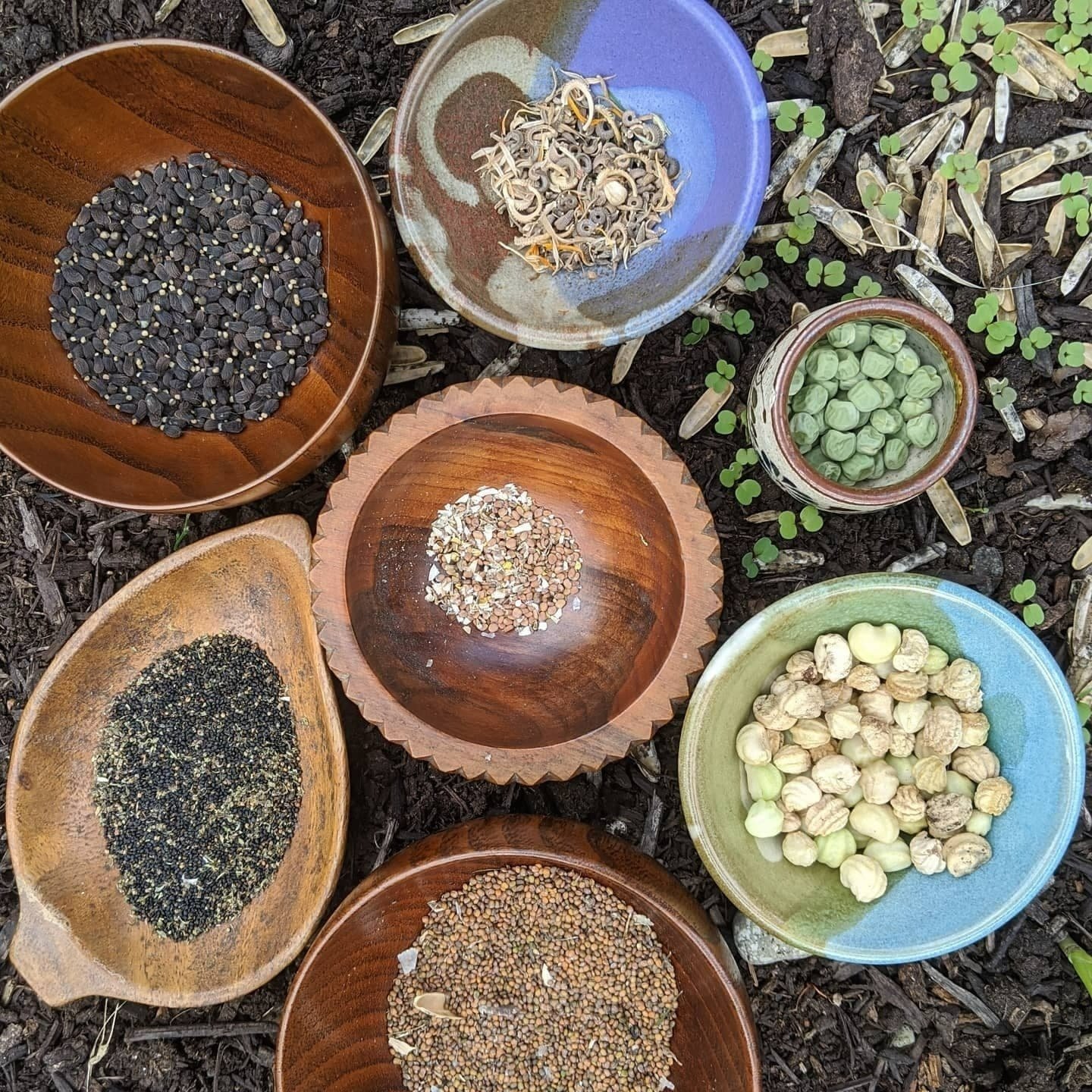
Why choose Herbal medicine?
The use of plants as medicine predates literate humans. Archaeological evidence indicates that humans were using medicinal plants during the Paleolithic Period, approximately 60 000 years ago. Neanderthal dental tartar reveals their intake of chamomile and yarrow, which are bitter medicinal plants with minimal nutritional value. There are also numerous examples, particularly among apes, of various animal species consuming medicinal plants in response to illness. There are roots of herbal medicine throughout the world, including in ancient Egypt, Greece, China and India.
Herbal medicine is the oldest form of medicine there is
Our connection with plants is pre-human, going back to the first cells and organisms of this planet. Plants have been here long before humans, and humans depend on plants for their existence via oxygen, food and medicine. And yet, we often forget this fundamental truth. Our health depends on plants. The fact that I must continually explain the value of herbal medicine speaks volumes to our current disconnection from the natural world, our roots as humans, and the depth of the plant-human relationship. Human beings are hard-wired for herbal medicine.
Chamomile growing in my garden.
Plants are essential for human life
Herbal medicine is effective
Although there is comparably less research on herbal medicines compared to pharmaceuticals since plants are not patentable and hence there is reduced funding, there is nonetheless numerous clinical trials, meta-analyses and systematic reviews that support the use of herbal medicines. In addition to the scientific backing of herbal medicine, there is also hundreds if not thousands of years of traditional knowledge regarding the safe and effective use of herbal medicines.
Herbal medicine is holistic
Herbal medicines are whole plant medicines or extracts with a diverse profile of medicinal constituents and nutrients such as alkaloids, tannins, terpenens, flavonoids, minerals, vitamins and essential oils. This diverse constituent profile means that herbs can address several different health concerns and body systems simultaneously, and also tend to be safer and gentler than isolated and concentrated chemicals found in pharmaceutical drugs. This phytochemical complexity also can create synergistic effects, which occurs when two or more constituents work together to produce an effect that is greater than the sum of its parts.
Indeed, plants are a primary source of pharmaceutical drugs, but there is generally a desire to identify and isolate a singular constituent as the active ingredient and patent it as potent medicine.
The goal of herbal medicine is to address both the underlying causes of illness as well as providing symptomatic relief as we wait for deeper patterns to shift.
Whole plant medicine for the whole person.
Because herbal medicine is whole plant medicine with diverse and synergistic constituent profiles, they are often gentler and present fewer side effects than pharmaceuticals with isolated constituents which create a stronger physiological effect with stronger side effects. Depending on an individual’s unique case, herbal medicine can serve as complimentary or alternative medicine to use instead of or alongside of pharmaceutical drugs, with the help of a qualified herbal practitioner.
Fewer side effects
With ourselves, our planet, and our health practitioners.
Herbal medicine empowers us to connect with our bodies, our medicines, our healing journey, and our planet. It is easier to connect with a living plant medicine that you can see, touch, taste, and even grow or harvest yourself, than a pill prepared somewhat mysteriously in a corporate laboratory.
Herbal medicine allows us to reclaim more control over our health and allows us to make informed choices about our healthcare options.
There is also medicine in the patient-practitioner relationship, and there is a significant difference in the therapeutic nature of a 45-90 minute holistic health consultation and a 15 minute doctor’s visit.
Herbal medicine nourishes healthy relationships
In recent years there has been a growing interest and resurgence of herbal medicine, including its supporting scientific evidence base and the amount of conventional practitioners who provide herbal recommendations and referrals. In general, people opt for complimentary and herbal medicine either because they are dissatisfied with conventional health care, or because they have a natural inclination towards natural and holistic medicine and desire to have more control over their health. The most common reasons that people are dissatisfied with conventional health care is because of insufficient patient autonomy, feeling unheard, dissatisfaction with the = patient-doctor relationship, ineffective treatment or side effects. Herbal medicine is especially used and valued among people with higher levels of income and education, and those with chronic illness.
Modern Herbal Medicine
Where does Spiral Bloom Herbal Medicine fit into all of this?
My philosophy is one of integrative medicine - accessing the knowledge and gifts of both conventional and complimentary medicines. I believe that we should all be empowered to choose our healthcare, with the emotional and educational support of our health practitioners. I believe that every story is unique, and that there are pros and cons to every choice.
I understand that there are times where conventional medicine is desired, important or even life-saving. I also understand that there are times where herbal medicine provides more therapeutic benefits and a greater quality of life. My desire is to support you in finding the medicinal path that works for you.
Seed saving medicinal foods and herbs
Areas of Practice
Echinacea in the garden.
Chronic Conditions
Nervous System Support
Mental Health and Addiction
Digestive Health
Hormonal & Menstrual Health
Skin Health
Immune System & Autoimmunity
Sleep & Stress
Preventative Medicine & Aging
and more
Medicinal harvest.

“Using plants is merely facilitating a biochemical conversation which is often far beyond our comprehension and our understanding.”
-Bevin Clare





